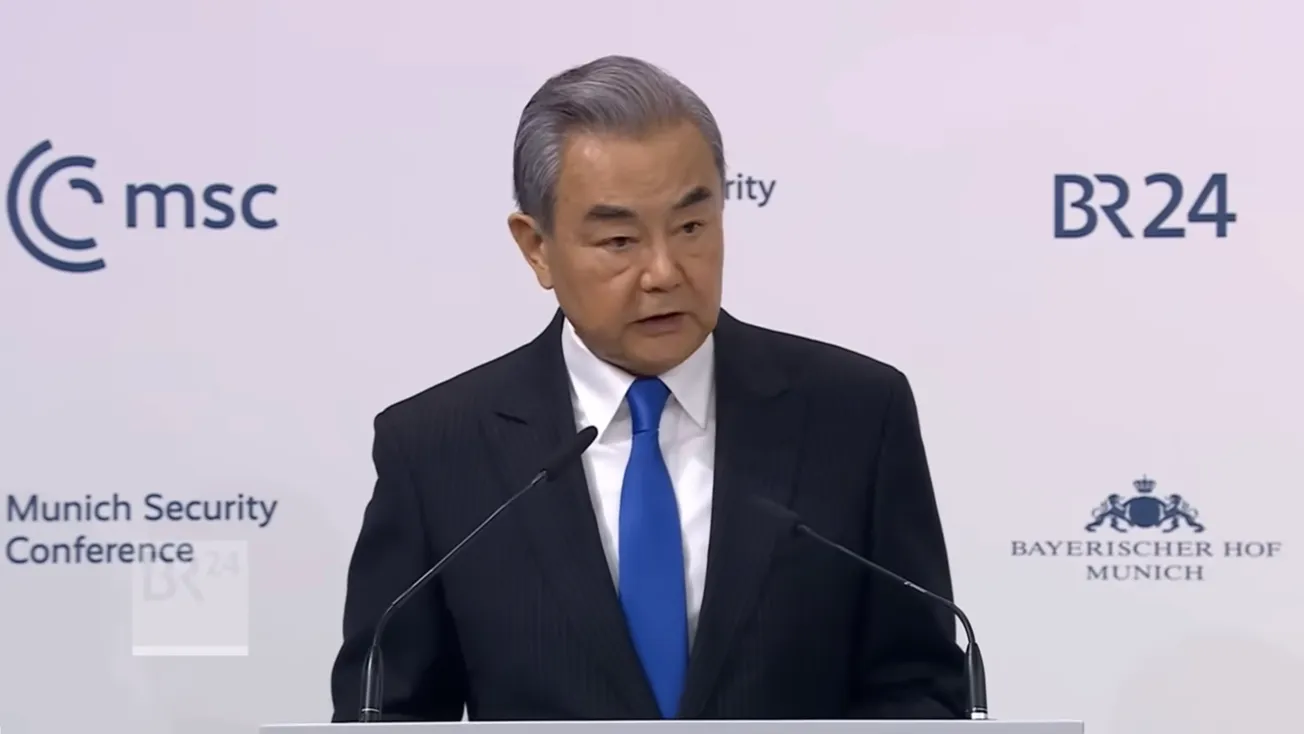Chinese Foreign Minister Wang Yi held a virtual meeting with the Foreign Ministers of Kazakhstan, Uzbekistan, Turkmenistan, Kyrgyzstan and Tajikistan, which follows by several days a similar conference that Secretary of State Mike Pompeo held with these countries, in an attempt to move them away from their cooperation with China. Pompeo didn’t have much to offer in the way of incentives, however, and both the geographical proximity and the friendly relations between these countries and China make such a break unlikely. Wang Yi underlined the importance of the Belt and Road Initiative for these landlocked countries.
Wang stressed that China attaches great importance to the development of strategic partnership with the Central Asian republics, firmly supports all countries to follow the path of development in line with their national conditions, supports each country in safeguarding its sovereignty, independence and territorial integrity, and supports the development of each country by itself
Wang called for establishing a traditional Chinese medicine center and cooperating in research on vaccines, and ensuring fast access for personnel on both sides, establishing green channels for the transportation of goods to ensure the safety and stability of the supply chain, expanding the scale of cross-border e-commerce, and accelerating the construction of the “Digital Silk Road.”
The parties agreed to promote the alignment of the Belt and Road Initiative with the development strategies of Central Asian countries, build interconnected partnerships, deepen pragmatic cooperation in various fields, carry out effective investment cooperation, and jointly promote the recovery and development of the economy, and the six nations issued a joint statement to that effect. They countries also agreed to expand high-tech cooperation areas such as e-commerce, smart cities, artificial intelligence, and big data technology applications to jointly build a partnership in the digital economy. One of the key points was to make Central Asia a transportation hub for Eurasia. In the statement the foreign ministers also agreed that in responding to the pandemic, there should be no discrimination, stigmatization, racism and xenophobia. They further reiterated their cooperation in fighting the “three forces,” terrorism, separatism and extremism.



